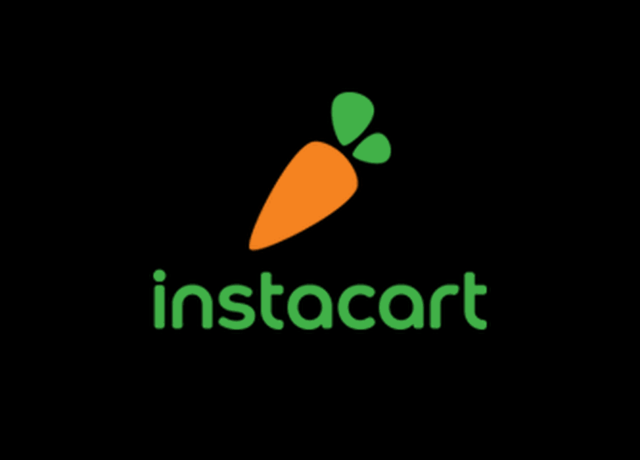In a notable display of resilience, Instacart, the grocery delivery giant, made a robust debut on the Nasdaq, with its shares surging by 40%, opening at a commendable $42. This comes after the company's initial public offering (IPO) was priced at $30 a share, valuing the San Francisco-based firm at approximately $10 billion on a fully diluted basis. This valuation, however, was a significant drop from its peak private market valuation of $39 billion during the early days of the Covid pandemic in 2021. The opening price further elevated its valuation to around $14 billion.
Instacart's IPO has been one of the most anticipated in the tech sector, marking the first significant venture-backed company in the U.S. to go public since December 2021. Its performance is now under the microscope, serving as a potential barometer for venture firms and late-stage startups gauging the return of investors' risk appetite. While the Nasdaq has shown signs of recovery this year, companies that went public before its downturn are still trading at a significant discount to their peak prices.
Founded in 2012, Instacart has partnered with major grocery chains, including Kroger, Costco, and Wegmans, to deliver groceries to consumers' doorsteps. However, its journey to the public market wasn't without challenges. In early 2021, as consumers were confined to their homes and heavily reliant on delivery services, Instacart secured funding at $125 a share from renowned venture firms such as Sequoia Capital and Andreessen Horowitz, as well as major asset managers like Fidelity and T. Rowe Price.
However, in a strategic pivot, Instacart chose to prioritize profitability over rapid growth. This decision was crucial to conserve cash and appeal to investors. While its revenue increased by 15% in the second quarter to $716 million, this growth rate was a slowdown from the 40% witnessed in the previous year and the staggering 600% during the pandemic's early phase. To achieve profitability, the company made significant operational changes, including reducing its headcount and cutting costs related to customer and shopper support.
Despite these challenges, Instacart managed to start generating earnings by the second quarter of 2022. In the latest quarter, it reported a net income of $114 million, a significant leap from the $8 million a year prior.
The competitive landscape for Instacart is intense, with major players like Amazon, Target, and Walmart offering their own delivery services. However, Instacart's unique value proposition and its focus on core grocery delivery have allowed it to carve a niche for itself.
CEO Fidji Simo, in a conversation with CNBC, emphasized that the IPO was primarily about providing liquidity to its employees. "This IPO is not about raising money for us. It's really about making sure that all employees can have liquidity on stocks that they work very hard for," Simo remarked.
In conclusion, Instacart's IPO serves as a testament to the company's resilience and adaptability in a volatile market. Its successful debut offers a glimmer of hope for other startups eyeing the public market and underscores the continued investor interest in tech-driven solutions that cater to everyday needs.






